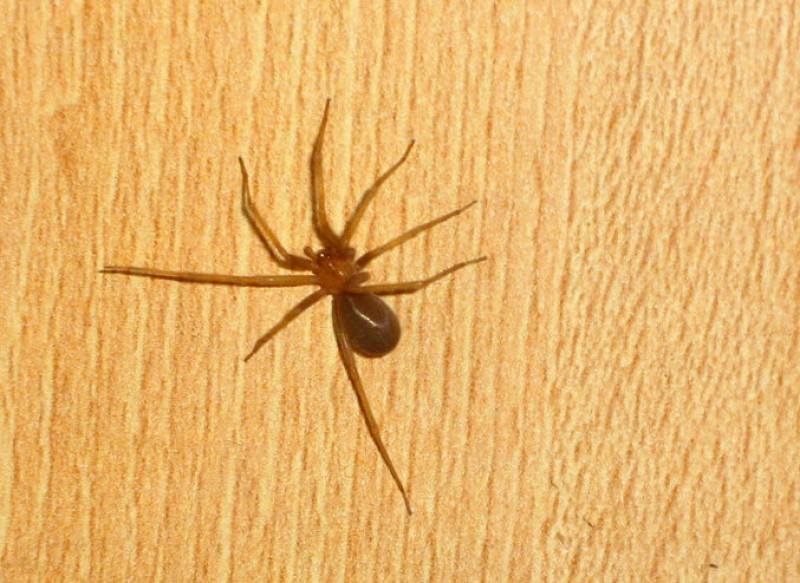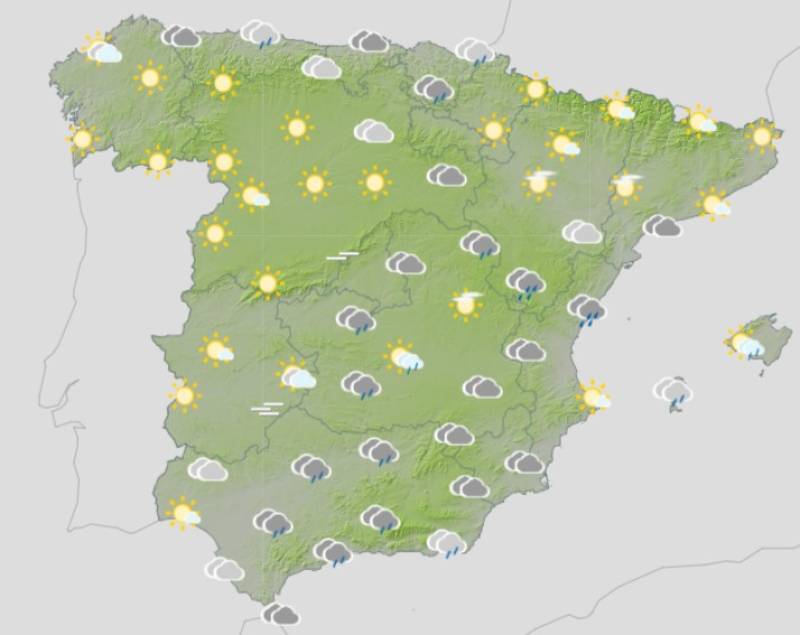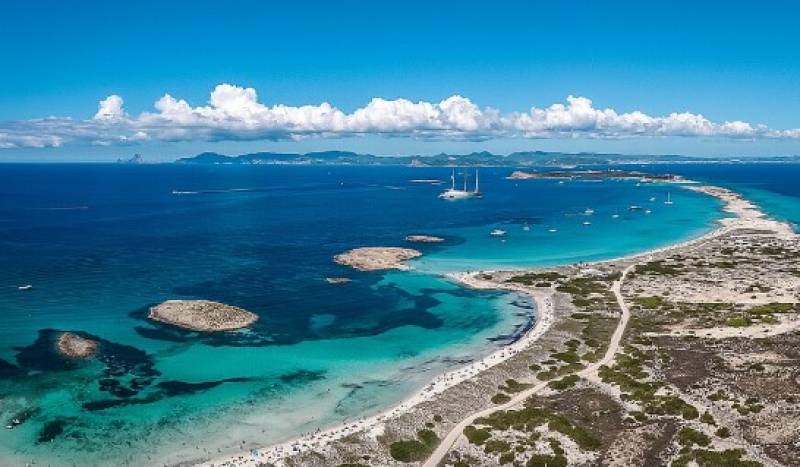- Region
- Águilas
- Alhama de Murcia
- Jumilla
- Lorca
- Los Alcázares
- Mazarrón
- San Javier
-
ALL AREAS & TOWNS
- AREAS
- SOUTH WEST
- MAR MENOR
- MURCIA CITY & CENTRAL
- NORTH & NORTH WEST
- TOWNS
- Abanilla
- Abarán
- Aguilas
- Alamillo
- Alcantarilla
- Aledo
- Alhama de Murcia
- Archena
- Balsicas
- Blanca
- Bolnuevo
- Bullas
- Cañadas del Romero
- Cabo de Palos
- Calasparra
- Camping Bolnuevo
- Campo De Ricote
- Camposol
- Canada De La Lena
- Caravaca de la Cruz
- Cartagena
- Cehegin
- Ceuti
- Cieza
- Condado de Alhama
- Corvera
- Costa Cálida
- Cuevas De Almanzora
- Cuevas de Reyllo
- El Carmoli
- El Mojon
- El Molino (Puerto Lumbreras)
- El Pareton / Cantareros
- El Raso
- El Valle Golf Resort
- Fortuna
- Fuente Alamo
- Hacienda del Alamo Golf Resort
- Hacienda Riquelme Golf Resort
- Isla Plana
- Islas Menores & Mar de Cristal
- Jumilla
- La Azohia
- La Charca
- La Manga Club
- La Manga del Mar Menor
- La Pinilla
- La Puebla
- La Torre
- La Torre Golf Resort
- La Unión
- Las Palas
- Las Ramblas
- Las Ramblas Golf
- Las Torres de Cotillas
- Leiva
- Librilla
- Lo Pagan
- Lo Santiago
- Lorca
- Lorquí
- Los Alcázares
- Los Balcones
- Los Belones
- Los Canovas
- Los Nietos
- Los Perez (Tallante)
- Los Urrutias
- Los Ventorrillos
- Mar De Cristal
- Mar Menor
- Mar Menor Golf Resort
- Mazarrón
- Mazarrón Country Club
- Molina de Segura
- Moratalla
- Mula
- Murcia City
- Murcia Property
- Pareton
- Peraleja Golf Resort
- Perin
- Pilar de la Horadada
- Pinar de Campoverde
- Pinoso
- Playa Honda
- Playa Honda / Playa Paraíso
- Pliego
- Portmán
- Pozo Estrecho
- Puerto de Mazarrón
- Puerto Lumbreras
- Puntas De Calnegre
- Region of Murcia
- Ricote
- Roda Golf Resort
- Roldan
- Roldan and Lo Ferro
- San Javier
- San Pedro del Pinatar
- Santiago de la Ribera
- Sierra Espuña
- Sucina
- Tallante
- Terrazas de la Torre Golf Resort
- Torre Pacheco
- Totana
- What's On Weekly Bulletin
- Yecla


- EDITIONS:
 Spanish News Today
Spanish News Today
 Alicante Today
Alicante Today
 Andalucia Today
Andalucia Today
Date Published: 12/08/2021
ARCHIVED - British tourist loses two fingers following spider bite in Ibiza
The Mediterranean recluse spider has been responsible for several similar bites in recent years

A young British tourist will have two fingers amputated after being bitten on the hand by the elusive recluse spider, or Loxosceles rufescens, the only species of its kind found in Spain.
The Mediterranean recluse spiders are small, growing to between 10 and 15 millimetres. They are brown in colour with a violin-shaped pattern on the dorsal part of the cephalothorax.
The Mediterranean recluse spider is the only species of Loxosceles that is found in Spain and is native to South America, a continent in which about 70 species have been identified, the most poisonous being the laeta Loxosceles and recluse Loxosceles .
The Loxosceles are characterized by being very aggressive, but tend to bite only when threatened or provoked. They are nocturnal and hide in dark places where they wait for their prey to jump on them, and tend not to live in webs.
The unfortunate tourist first noticed the bite while enjoying the sunset on the island of Ibiza, but didn’t pay much attention to it. In the early hours of the following morning, however, he was awoken abruptly by a burning sensation in his hand and noticed that it had swollen considerably.
After two weeks in the hospital in Ibiza, he returned to Wales, where he is currently waiting for the rest of his hand to heal before two fingers will be amputated. Once he arrived at the hospital, the medical staff concentrated on ensuring that the poison didn’t spread to the rest of his hand. According to the doctors who treated the young tourist, this is the fifth case of serious bites from the recluse spider recorded in Spain in recent years.
Guillem Pons, professor in the Department of Geography of the University of the Balearic Islands specialized in Biogeography, explained that spider bites are becoming increasingly common in Spain, although amputations are still thankfully rare. This type of arachnid can be found in both urban and agricultural areas, as well as in caves, rocks and damp places. The venom causes necrosis (tissue death), ulceration and skin shedding, and immediate treatment usually focuses on preventing the spread of the poison.
Image: Archive
Contact Murcia Today: Editorial 000 000 000 /
Office 000 000 000

























